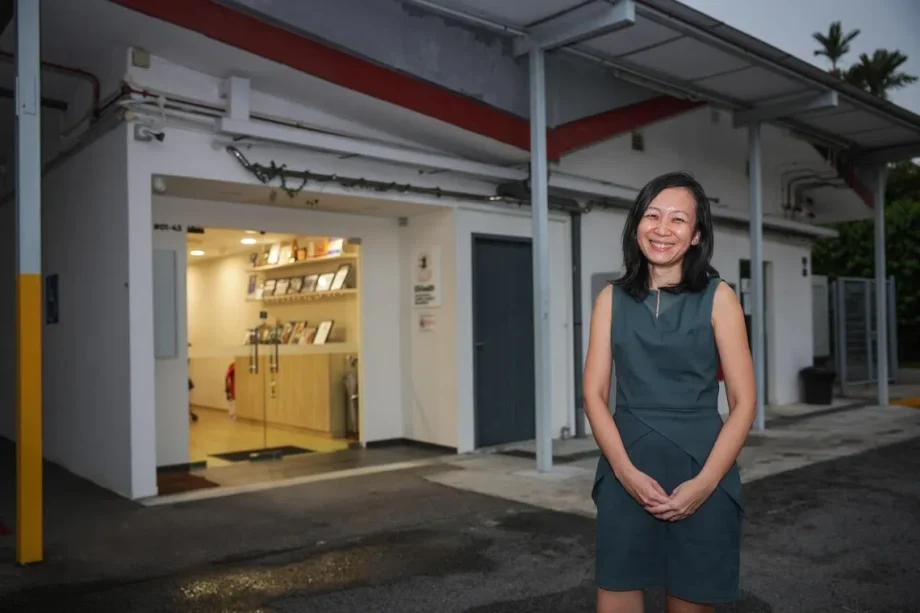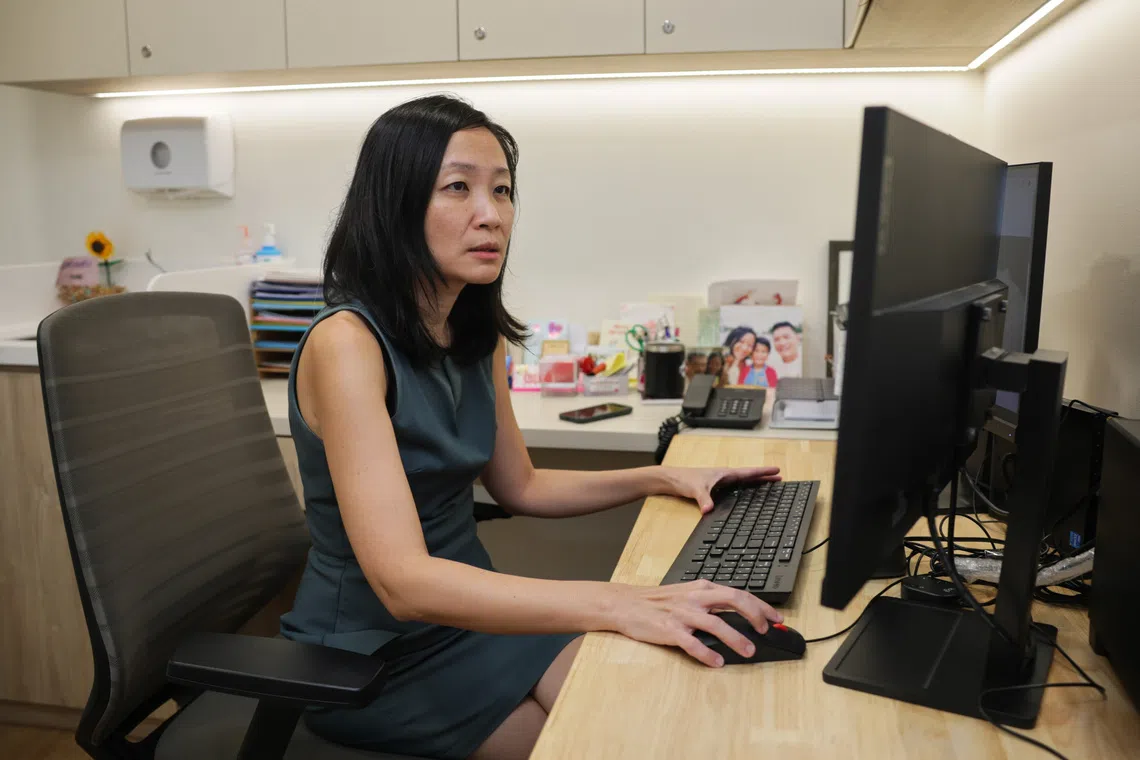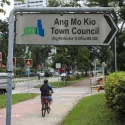SINGAPORE – For about a decade, Dr Chen Shiling, 44, felt like a lone voice in the wilderness.
Seeing a gap in how Singapore’s healthcare system diagnosed and treated people with intellectual disabilities (ID), she believed they needed care tailored to their multiple and complex needs.
But for years, she could not find the resources or support to bring her idea to life.
In 2013, she made a radical decision.
She quit her job at a public hospital, walking away from a promising training pathway towards becoming a nephrologist – a doctor specialising in treating kidney conditions – to figure out how to close that gap.
She took on part-time locum work to support her family and make ends meet, all while trying to rally interest in the dedicated healthcare service for patients with ID she envisioned.
“I had no money, no connections and no support,” she said. “All I had was an increasingly strong conviction that I had to persevere. What kept me going was seeing my patients and their families. The need is huge, and I can see the impact I can make.”
That persistence culminated in the founding of the Happee Hearts Movement, which was registered as a charity in 2022.
The charity runs IDHealth, Singapore’s first
community-based dedicated healthcare service
for people with ID. The clinic, now located in Upper Thomson Road, has grown steadily.
Today, Happee Hearts has almost 30 staff members, including nurses and social workers.
It has expanded to treating the caregivers of their patients with ID, recognising that unmet health needs among family members can also jeopardise the well-being of those they look after.
Since its inception, it has served about 500 people with ID and more than 1,000 of their caregivers.
It receives government grants and public donations, and offers highly subsidised fees comparable to those in public hospitals, said Dr Chen.
In 2024, IDHealth started seeing residents with ID staying in adult disability homes.







